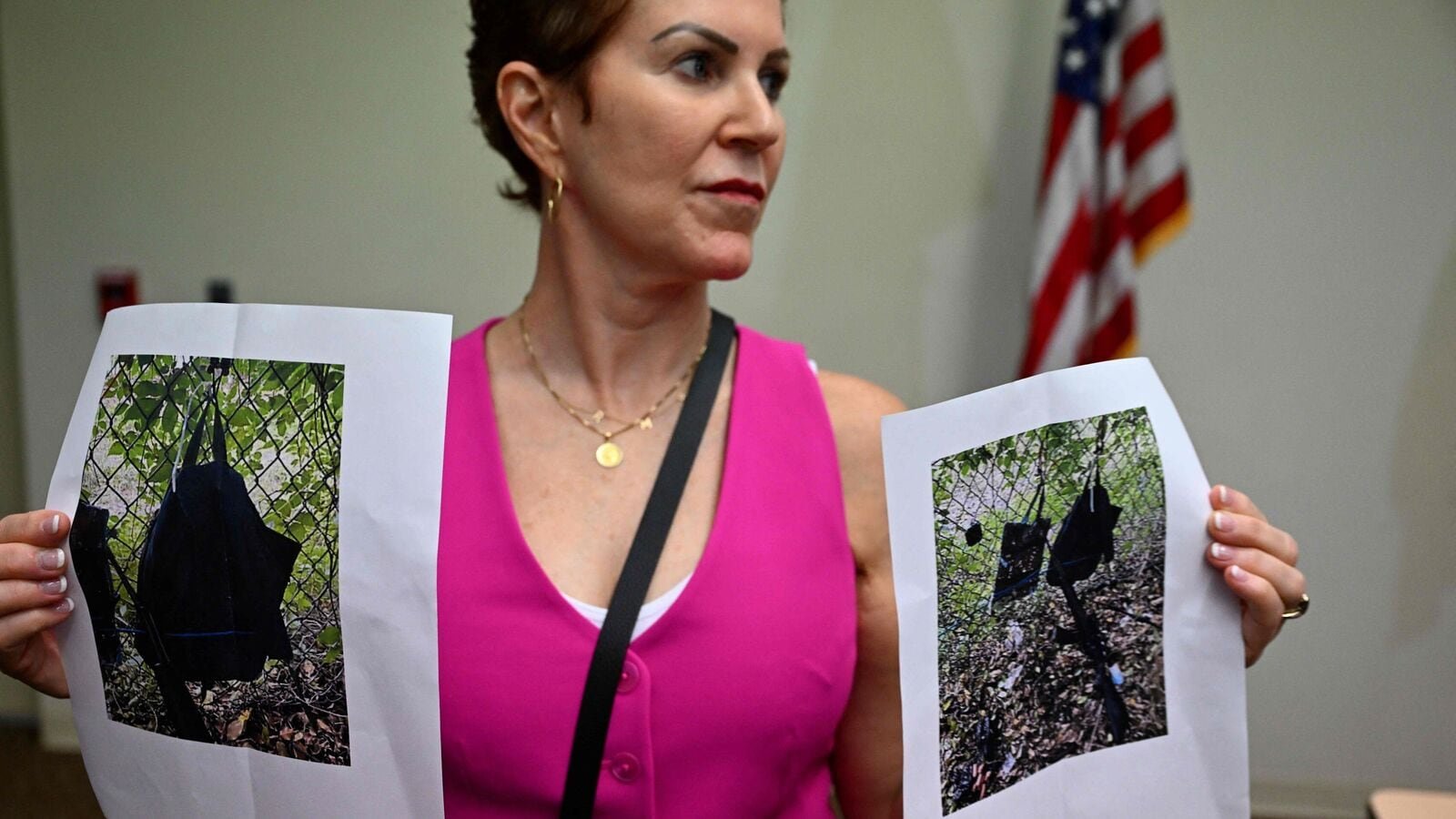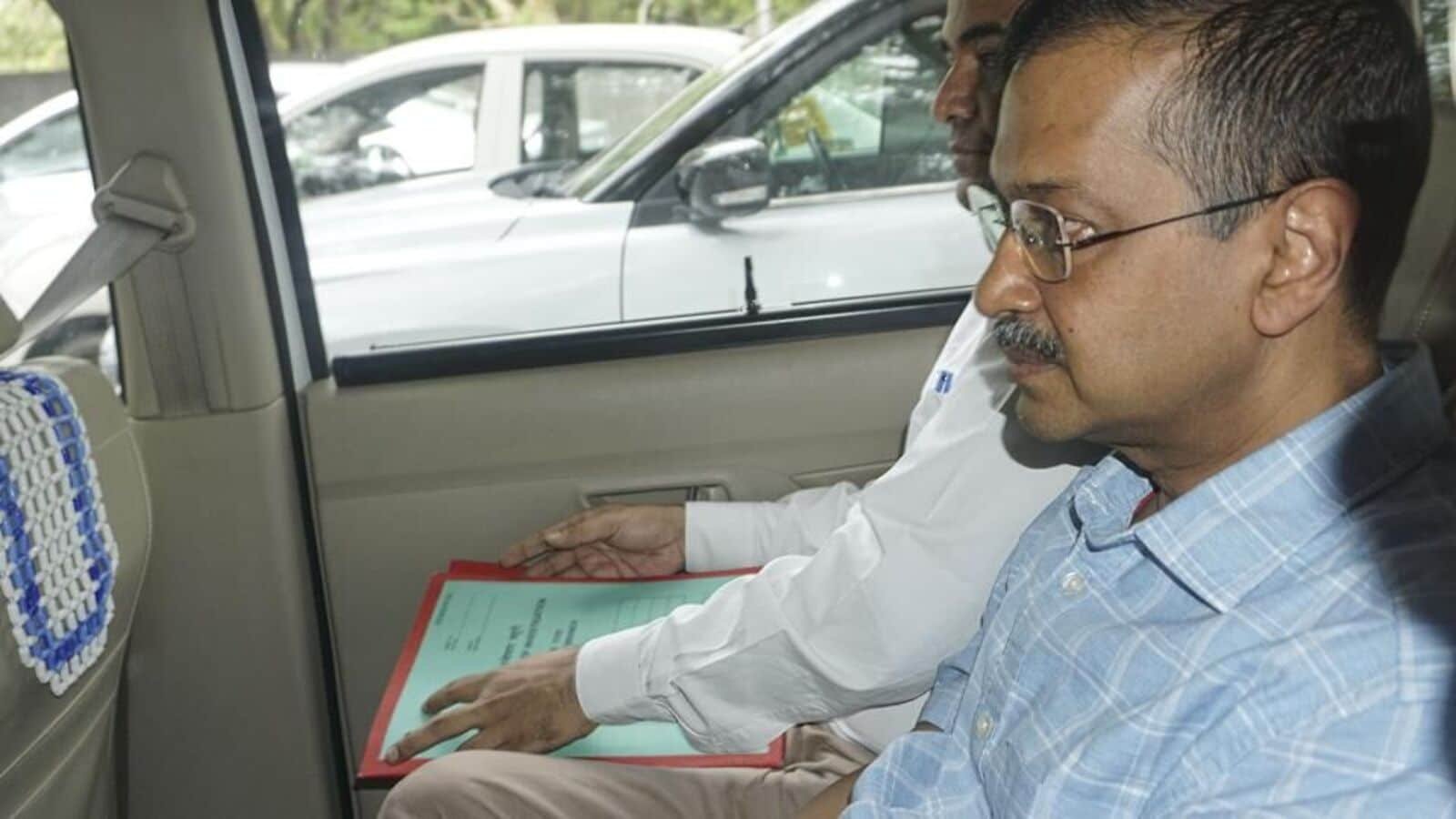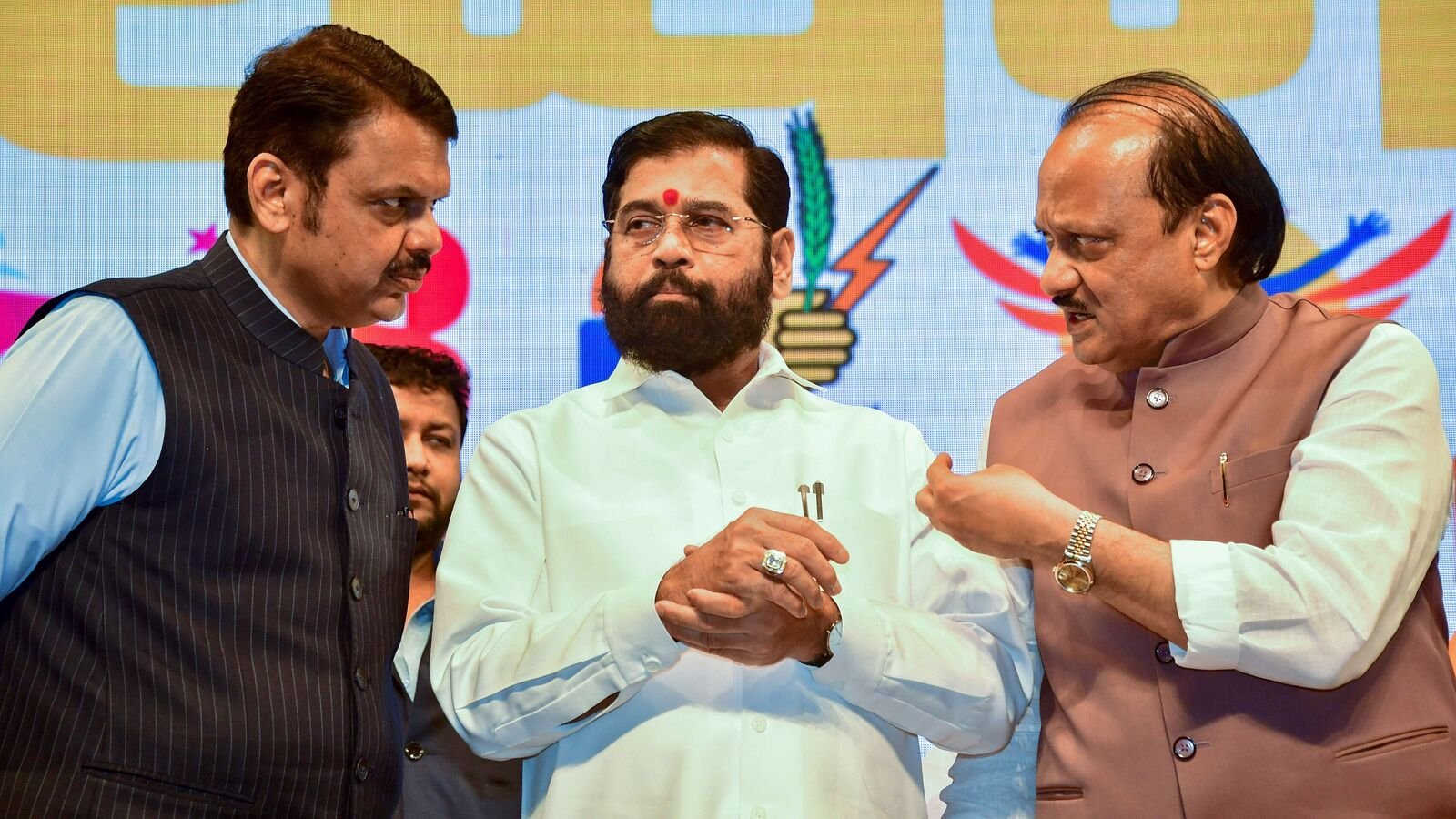THE LATEST attempt to assassinate Donald Trump, on September 15th, was only uncovered when a Secret Service agent spotted a gun barrel sticking out of a fence beside the golf course in Florida where Mr Trump was enjoying a round. Agents opened fire and a man sprang from the bushes. He fled in a black Nissan, an eyewitness told police. The witness photographed the vehicle’s licence plate and police soon tracked it on an interstate highway, where they pulled the suspect over and arrested him.
The would-be assassin’s motives are as yet unclear. Last year the man, identified by media outlets as Ryan Wesley Routh, a 58 year old, gave an interview to the New York Times, saying that he wanted to volunteer to fight for Ukraine in its war against Russia. That interview, along with others and accounts of his social-media postings, portrayed a man with shifting partisan views who was agitated about the difficulties of volunteering in Ukraine and who spoke at times about participating in violence.
Mr Trump soon said in a fundraiser email that he was “SAFE AND WELL”. But the apparent attempted assassination would be the second attempt on his life in two months. At the scene, police found an AK-47-style rifle with a sighting scope and a GoPro camera that the suspect intended to use to photograph his exploits, the Palm Beach County Sheriff, Ric Bradshaw, told a press briefing.
The arrest will again shake up a presidential campaign that has in recent months endured one shock after another. The momentum and media focus that Vice-President Kamala Harris has enjoyed following her strong debate against Mr Trump on September 10th will compete now with wall-to-wall coverage of the suspect’s background and the confounding question of how another rifleman could have approached within several hundred yards of the former president without being detected.
The Secret Service has been under intense scrutiny since its agents failed on July 13th to prevent Thomas Crooks from shooting Mr Trump in the ear with an assault rifle as he spoke at a rally in Pennsylvania. Now the service and the Biden administration’s overall supervision of the former president’s security will again be under a microscope. Asked at a press briefing how a gunman had managed to get so close to the golf course, Mr Bradshaw gave an explanation that will invite more questions: “He’s not the sitting president. If he was, we would have had the entire golf course surrounded. But because he’s not, the security is limited to the areas the Secret Service deems possible.”
The formidable challenge will be to seek accountability and further strengthen efforts to keep Mr Trump, Ms Harris and other candidates safe while minimising politicisation. Rick Scott, a Republican senator from Florida, did that cause no service by quickly posting an accusation that is likely to be all too typical in the days ahead: “The media and the radical left need to immediately stop this dangerous and senseless rhetoric.” Mr Scott’s line echoed charges levelled by Republicans after the July attempt that the Democrats’ demonisation of Mr Trump had empowered would-be killers.
Ms Harris said she was “deeply disturbed” by the possible assassination attempt and was “thankful” that Mr Trump was safe. “We must all do our part to ensure that this incident does not lead to more violence,” she added. After his brush with death in July, Mr Trump enjoyed a rallying effect among grateful supporters and a brief pause in partisan hostilities. He reacted to that attack with defiance and determination, as well as more than a hint of martyrdom. Hours after this episode, Mr Trump released a stanza of declarations by email: “My resolve is only stronger after another attempt on my life!…I WILL NEVER SURRENDER!”
Until this year, it was possible to think that massive investments in the Secret Service and aggressive, pre-emptive policing had contained America’s vulnerability to presidential assassinations, of which there have been four (Abraham Lincoln, James A. Garfield, William McKinley, and John F. Kennedy), as well as serious attempts against presidents and candidates (too many to list). But just as January 6th shattered complacency about the durability of America’s constitutional norms, the assassination attempts on Mr Trump have made plain that America’s gun violence respects no borders. “The threat level is high,” a Secret Service spokesman said after the arrest of Mr Routh. “We live in danger times.”
Stay on top of American politics with The US in brief, our daily newsletter with fast analysis of the most important electoral stories, and Checks and Balance, a weekly note from our Lexington columnist that examines the state of American democracy and the issues that matter to voters.
© 2024, The Economist Newspaper Limited. All rights reserved. From The Economist, published under licence. The original content can be found on www.economist.com



